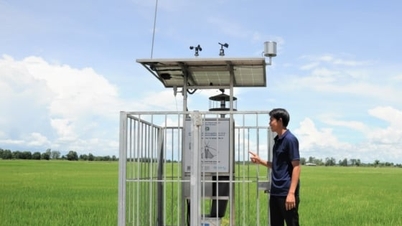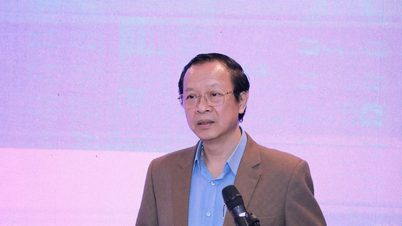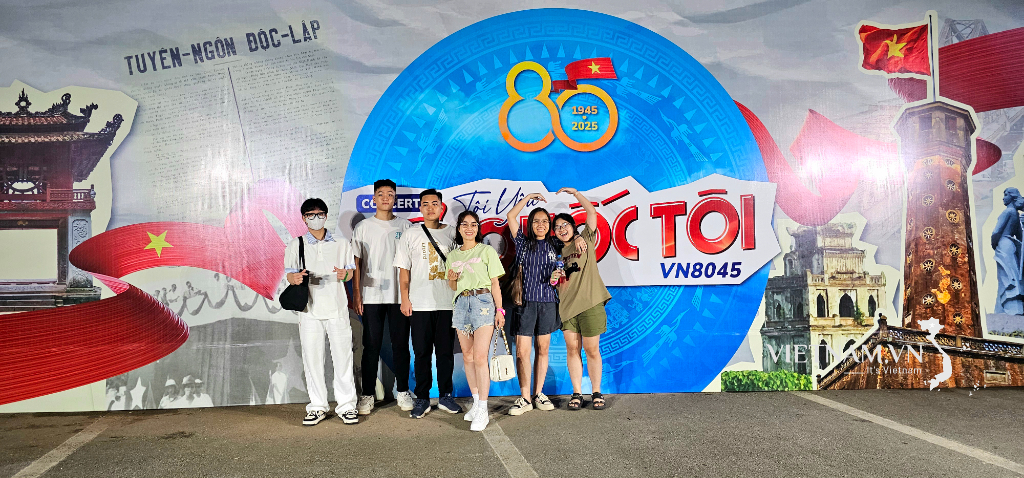While AI technology has been adopted by many industries, journalism is still raising concerns about the topic. Will readers truly trust news that uses AI? That remains a crucial question for journalism today.

Photo: OPR
And while some organizations are setting restrictive rules on incorporating AI into their workflows, many others are embracing the technology more openly.
Newsquest Media Group recently posted a job opening for an “AI-powered reporter” who “will lead a new era in journalism, using AI technology to create national, local, and supra-local content for newspapers, while applying their traditional journalistic skills.” The reporter will work with AI to “help write articles” and will “integrate AI-generated content into newsrooms of all sizes.”
Charlie Beckett, head of the JournalismAI project at LSE, describes a “new world ” opening up for journalism, where anything a journalist reports “will be influenced by AI.”
However, he emphasized that the human element remains vital in journalistic publishing. And here is the attitude of news agencies towards the AI craze:
AP and Reuters
AP has issued guidelines on how to use AI. The company says any material produced by AI must be carefully vetted, just like material from any other source, and journalists should not use AI-generated image, video , or audio segments unless the segment is central to a story.
"Our goal is to give people the best way to understand how we can conduct a small but safe experiment," said Amanda Barrett, vice president of news standards and inclusion at AP.
However, AP reports that AI could be used for more mundane tasks such as compiling pre-approved stories in news reports.
AP has experimented with simpler forms of AI over the past decade, using it to generate short news stories based on sporting results or corporate earnings reports. Barrett said that was important experience, but “the company still wants to enter this new phase cautiously, ensuring we protect our journalistic practices and our reputation.”
She added that the news organization wants its journalists to familiarize themselves with the technology because they will need to report on AI stories for years to come.
For its part, Reuters said it is taking a “responsible approach” to AI in order to “protect accuracy and promote trust.”
The Guardian
The British newspaper was one of the first major news organizations to take an innovative AI approach, following a message from its editor-in-chief and CEO.
The Guardian stated that AI would only be used in editorial work when it “supports the production and distribution of original journalism” under human supervision and with the permission of a senior editor.
The articles will also focus on using this technology to help journalists “aggregate large datasets” or to assist in correcting, recommending, and reducing the workload of other time-consuming tasks.
They added that another principle is to consider the source of information that AIs are used to train, ensuring that it is "transparent, objective, and fair."
Local newspapers
While large news organizations are cautious about AI, the technology could offer opportunities for smaller newsrooms with limited resources and budgets.
News Corp Australia is reportedly producing 3,000 articles per week using general AI. Many other smaller newspapers are using this technology to publish thousands of local articles each week on topics such as weather, fuel prices, and traffic conditions.
A local newspaper in Nottinghamshire, England, also announced this month that it is experimenting with the use of AI in news production.
The newspaper's senior editor, Natalie Fahy, wrote in a letter to readers that the daily would be using AI to generate summaries at the beginning of some of its longer articles.
She stated that this information would be reviewed by an editor before publication, and there would also be a line at the end explaining which articles were used with AI.
Hoang Nam (according to Euronews, Yahoo, Reuters)
Source










































































































Comment (0)